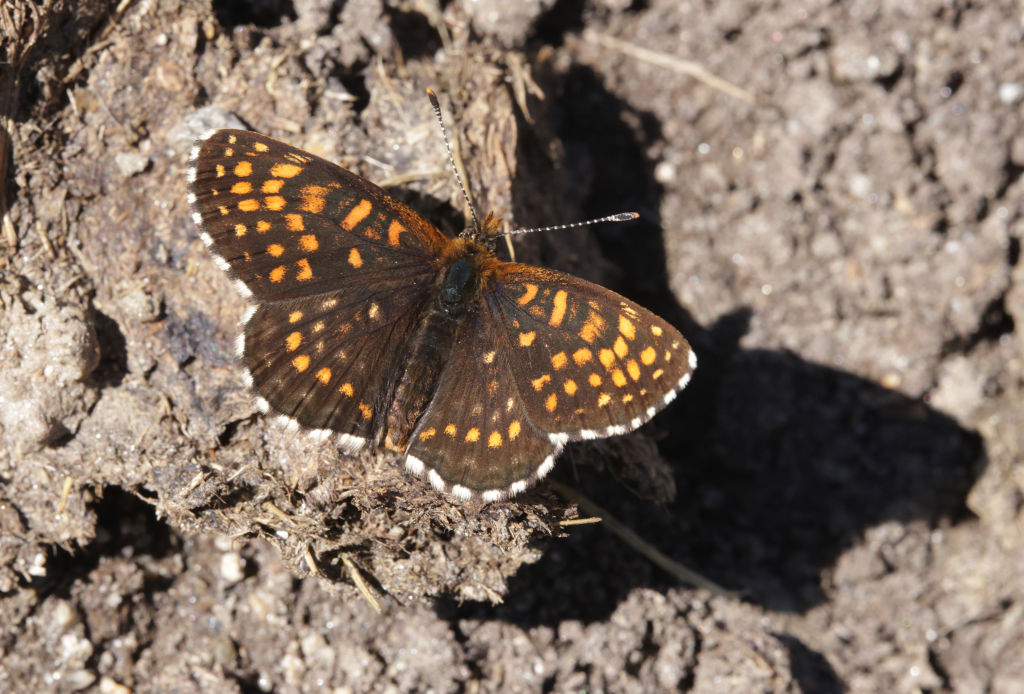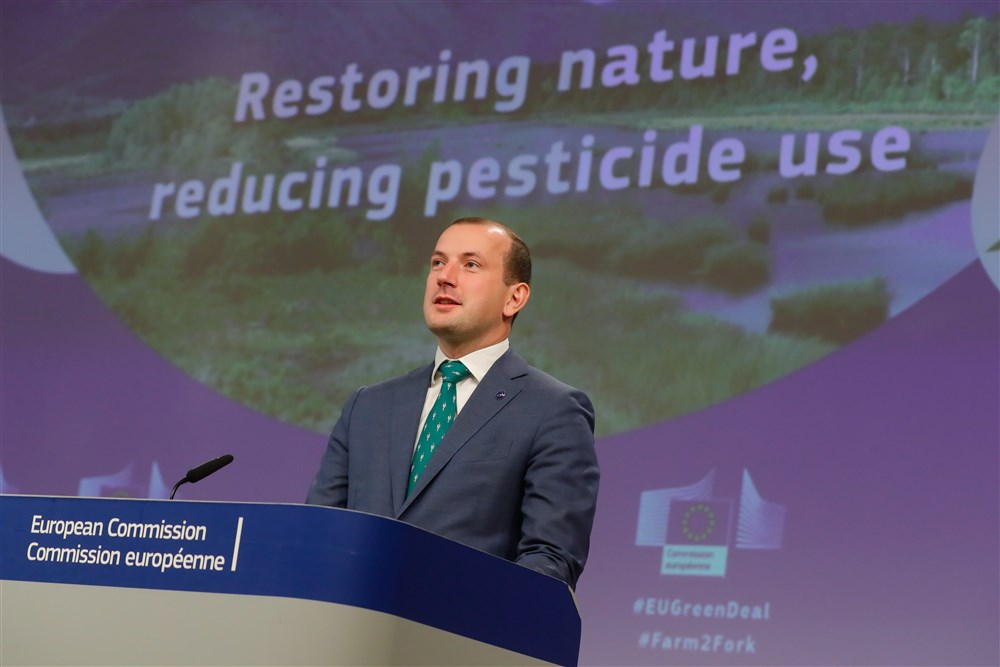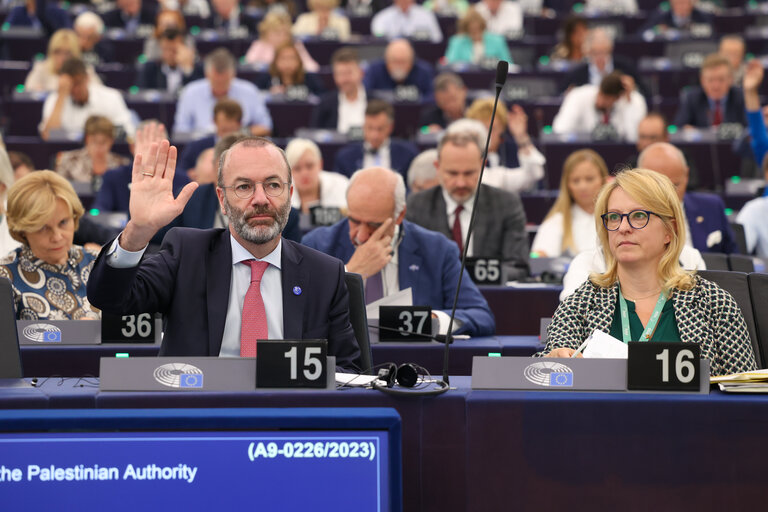The European Parliament has given its final blessing to the controversial Nature Restoration Act.
The European People’s Party (EPP), the largest group in the European Parliament, had called to vote down the contested law but the majority of MEPs approved the latest version nonetheless.
Still, Member States now need to find common ground over the law and, until then, its future is as yet unsecured.
The nature law is part of the European Union’s ambitious programme regarding the environment, together with the Green Deal – as championed by Frans Timmermans, the former EC Executive Vice President for the Green Deal and Commissioner for Climate Action.
The expected easy passage of the legislation became more difficult after the Christian Democrats started to notice popular opposition to what came to be seen as an “intrusive” environmental law.
That caused much consternation in European circles and prompted heated debate regarding the whole affair.
Following those discussions, the EU ultimately approved a significantly watered-down version of the initial nature restoration law.
Opponents argued the original proposals would harm EU food production capabilities at a precarious time and that they exceeded Brussels’ powers of implementation anyway.
Pressure from farmers and wider industry pushed the EC to heavily dilute its ambitions amid threats from the European Parliament and some Member States to oppose the plans.
Police use tear gas and water cannons in an attempt to disperse persistent farmers protesting outside the EU institutions in Brussels.#Bruxelles #AgriculteursEnColere #FarmerProtest2024 pic.twitter.com/rFxDvhGwO2
— Brussels Signal (@brusselssignal) February 26, 2024
Instead of requiring States to definitively act to curtail damage to nature, they are now obliged only to “make an effort” to do so.
The EC has introduced an emergency brake, permitting Member States to set aside nature goals when food security is threatened.
Alongside that, while the initial plan called for “improving biodiversity” on 10 per cent of agricultural land, the current proposals do not establish any precise percentage.
The many amendments to the proposed law took place after the Dutch Timmermans’ own country voted against the original version in the European Council.
? Another hard-fought win for the Nature Restoration Law!
MEPs listened to over 1 million citizens, scientists, businesses & NGOs, and backed the negotiated agreement on the law, despite last-minute attempts by far-right & conservative MEPs to torpedo it#RestoreNature ? pic.twitter.com/3vuh5FUdEB
— WWF EU (@WWFEU) February 27, 2024
The latest vote had been seen as a formality, mainly due to the increasingly obvious rage of farmers across the EU, although some started to fear that even the watered-down version of the law would not survive.
That was not the case; the Nature Restoration Act was approved by 329 votes to 275, with 24 abstentions.
The Greens and environmentalists applauded the approval.
Still, Member States could still torpedo the current agreement, with EPP and European Conservatives and Reformists (ECR) parties, who oppose the law, fighting it “from home”, wherever they are a force to be reckoned with.
Das #NRL bleibt ein schlechtes Gesetz: Unklare Finanzierung, neue Belastungen für die #Landwirte. Das passt nicht in die Zeit. Die Politik sollte den Bauern mehr zuhören. Es braucht Deregulierungen, nicht neue Gesetze.
— Manfred Weber (@ManfredWeber) February 27, 2024





